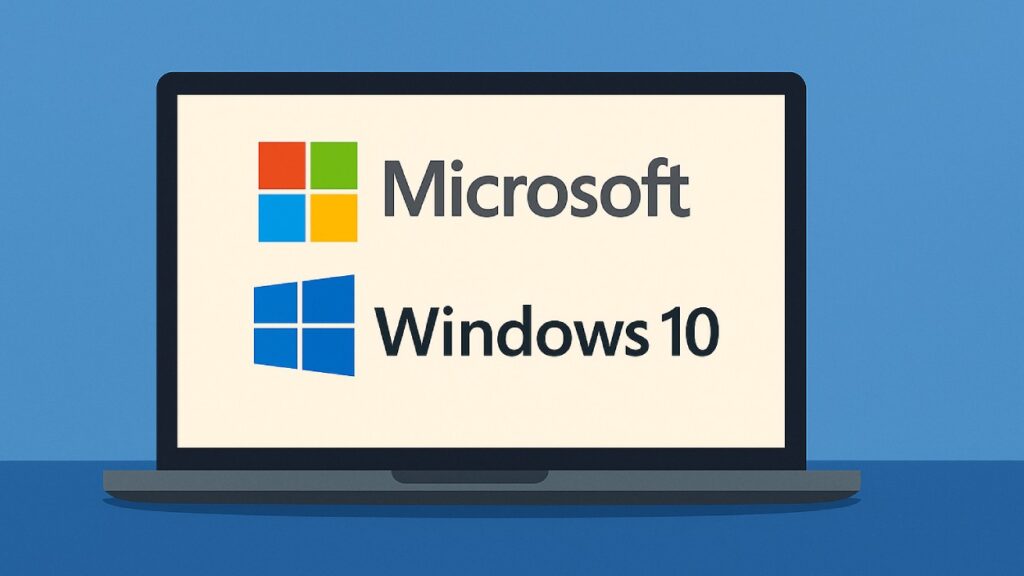A coalition of consumer advocacy groups is pressing Microsoft to reverse course on its October 14, 2025 deadline for ending free security updates for Windows 10. They warn that millions of users whose machines cannot meet Windows 11 requirements could be left exposed to cyber risks and other harms.
TLDR:
- Windows 10 reaches end of free security updates on October 14, 2025
- Consumer Reports calls Microsoft hypocritical for urging upgrades while abandoning Windows 10 users unable to switch
- Around 46.2% of global PC users still run Windows 10 and 200 to 400 million devices can’t upgrade to Windows 11
- The $30 fee for Extended Security Updates (ESU) and required use of Microsoft services are criticized as unfair
What Happened?
Microsoft has officially announced that starting October 14, 2025, Windows 10 will no longer receive free security updates, feature updates, or technical support. Devices running Windows 10 will still function but will become more vulnerable to malware and unpatched security issues.
In response, Consumer Reports has written to Microsoft CEO Satya Nadella demanding that the company delay or extend support, at least for those whose PCs cannot upgrade to Windows 11. They argue the move places an unfair burden on consumers whose devices fail to meet newer hardware requirements.
Consumer Reports asks Microsoft to keep supporting Windows 10. The organization argues that ending Windows 10 support will “strand millions of consumers.” https://t.co/EdNjKkthCa
— Tom Warren (@tomwarren) September 16, 2025
Also joining the call is the Public Interest Research Group (PIRG), which warns that up to 400 million devices could be discarded unnecessarily, creating an environmental and economic burden.
Key Issues at Stake
- Hardware incompatibility
Windows 11 requires more modern hardware such as TPM 2.0, secure boot, and specific processors. Many PCs that function well under Windows 10 cannot meet these specs.
- Security vs accessibility trade-off
Microsoft promotes Windows 11 as the safer path. But Consumer Reports argues that many users will be left without protection unless free support is extended to those who cannot upgrade.
- Cost of Extended Security Updates (ESU)
The ESU program costs around $30 per year for consumers. Some free support options require the use of Microsoft services, which critics say is not a fair solution for all users.
Consumer groups warn that forcing consumers to abandon working hardware will lead to unnecessary electronic waste and financial loss, especially for those who can’t afford new devices.
What Microsoft Says?
Microsoft encourages users with compatible hardware to upgrade to Windows 11. For others, the ESU program allows for continued security updates, but usually for a fee and under specific conditions.
What Could Happen Next?
Microsoft could:
- Extend free support for users with incompatible devices
- Reduce or eliminate the cost of ESU
- Improve trade-in or recycling programs
- Face public backlash or security issues if no action is taken
What TechKV Thinks?
I believe Microsoft is putting millions of users in a difficult position. Forcing people to pay, upgrade, or risk using unsafe systems is not a responsible move, especially when many users bought PCs that were still being sold after Microsoft had announced the Windows 10 sunset. I think extending free security support is not just about goodwill, it’s about preventing chaos, protecting privacy, and maintaining trust. If Microsoft wants users to stick around, it needs to support them responsibly.
